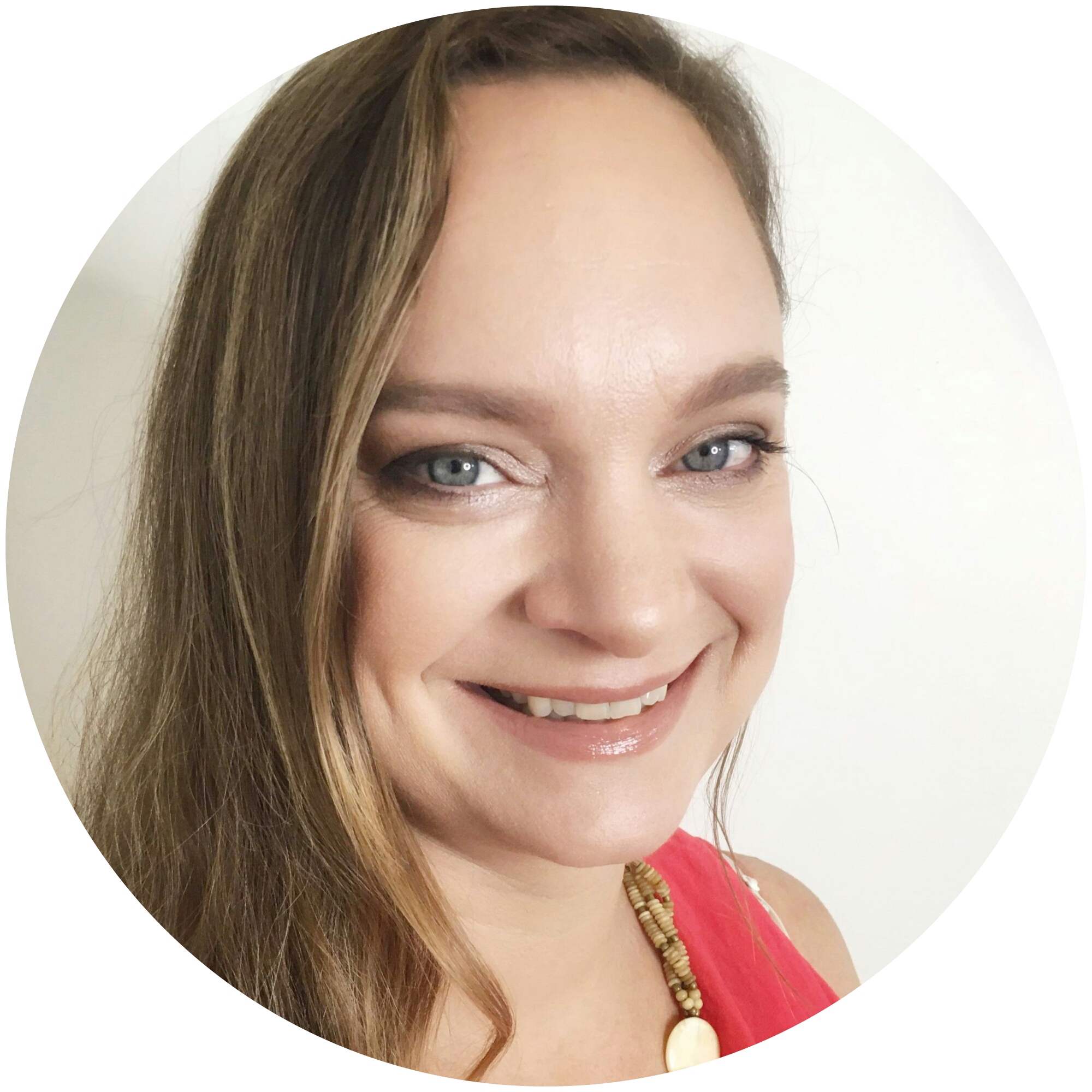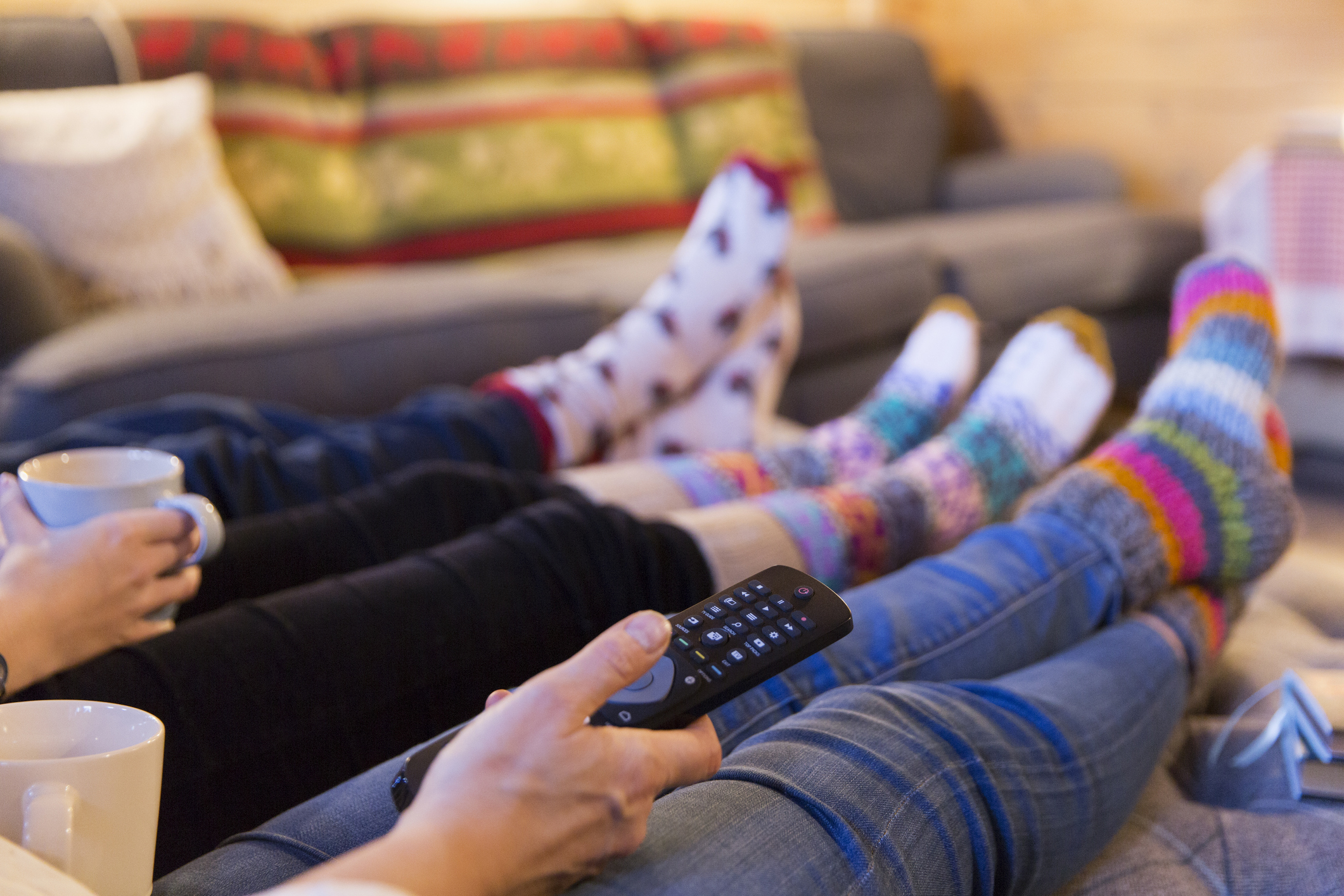“When did this get so much harder?” I asked the pile of dishes in the sink while gesturing vaguely to the toys scattered on the floor, and staring at the pile of work on my desk, still untouched.
By “this” I meant, well, everything. Why was I so tired? Why did cleaning my kitchen feel overwhelming? Why did the state of my home and my children make me feel so stressed? And why did feeling all this make me feel so guilty?
Why did I feel so burnt out? I was literally standing there in my bathrobe. I had no commute to work to do that day. The kids were happily playing. There was no place I had to be.
So why was it that I felt so overloaded with the thought that I was getting nothing done?
And why am I always tired?
Isn’t that the million dollar question? How do we stop being tired of being tired? And how can I get my energy back? Like so many of us, I need to find the motivation to do something about all of this.
Why am I so tired?
When I ask myself the question, “Why am I so tired now that I’m a parent?” the response is almost always the same. “It’s part of parenting.” An inherent part of becoming a parent is that you will spend the next 10 years being tired. At least.
But really? Is that really the only way? The best way?
I know I live in a society that glorifies exhaustion. Lack of sleep is like a twisted badge of honour. And as a parent, I know I can be one of the worst offenders.
Now, hear me when I say this. When I had a newborn baby, I was getting a lot less sleep. And young kids can disrupt my sleep as well. But it’s not kids interrupting my sleep that was making me exhausted. It was trying to do everything else, at the same time that I had so much interrupted sleep.
Let me give you an example. Has anyone ever stayed up late because it’s the only time the house is quiet and you can get things done? And when you finally do go to sleep, you are woken several times by a baby or child? And you have to get up at 5 a.m. to start the day?
This was me having no idea how to properly practice real self-care.
What is real self-care?
Here is a question for you to consider. When you think about self-care, what comes to mind? Maybe some me-time with a cup of coffee, an afternoon at the spa, possibly a walk in the wilderness, or a meditation class, or going to yoga, or out for drinks with friends, or some time alone without children.
All of those are wonderful and relaxing ways to spend some time doing what you enjoy.
But those options are usually not real self-care.
Why? I found that there were two reasons why the self-care I thought I was practising might not be real self-care at all.
- It’s reactionary. Participating in self-care activities often comes in response to feeling the need for a break from the stress and overload of daily life. It’s the reaction to the way we lead our lives: working long hours so we sleep in on the weekend, eating too much takeaway food in a rush so we go on a fast or detox, not wanting and dreaming of a vacation but needing one. These are all reactions to living a lifestyle that is damaging to our health and well-being.
- These are often one-off or infrequent activities. When our self-care is reactionary, it is not part of our daily lifestyle. And it does not address the actual problem. Practising real self-care is not a band-aid. Instead, it is comprised of intentional daily actions that support physical, mental, and social health. A day at the spa might be relaxing. But if we go back to exactly the same lifestyle when we leave, we are not practising real self-care.
Why this is an issue for parents
These two examples of the problem with self-care highlight why it seemed to fall apart when I had kids. Reactionary and infrequent self-care practices are not ideal. But they are something, and they can be beneficial, even if only temporarily. But when I became a parent, reactionary self-care became virtually impossible. And one-off activities became even less frequent. My poor self-care practices became no self-care practices.
Becoming a parent taught me that real self-care was the opposite of what I had been doing. Real self-care is often not doing something, or it’s the intentional decision to stop doing something. It’s a lot less glamorous, but it might mean saying no to watching the next episode on Netflix and going to bed instead. It might mean saying no to a social outing because I can’t afford the time or the cost. Real self care is being honest with my friends that although I can’t go out for drinks, I still need to see them in person. Real self care might be ignoring the social media commentary and being OK with my kids watching TV so that I can have the time and peace to feed myself some nutritious food — and eat it slowly, uninterrupted, while sitting down.
So why was this so much more of an issue for me once I became a parent?
Self-care had become a reaction to my life events, instead of a dictator of my lifestyle.
It’s not only because I have tiny humans to raise, although that is certainly part of it. The answer for me is surprisingly simple; I never learned how to properly practice self-care. Self-care had become a reaction to my life events instead of a dictator of my lifestyle. This changed when I became a parent because I no longer had the time or energy to absorb poor self-care habits.
Here are a few self-care tips that have helped me along the way:
Set a bedtime and stick to it
Even if it means not getting through my to-do list. I found in time that with more sleep, I am more productive anyway, and definitely a much better parent.
Get rid of all non-essential commitments
A major contributor to stress in my life was setting and maintaining boundaries. Now, when someone asks me for something, specifically something that requires my time and energy, I ask myself the following question: “Is this directly supporting the life I am trying to lead?” If the answer is no, then the answer is no.
Schedule in achievable daily exercise
I have been guilty of having an all or nothing approach to exercise in the past. By that I mean, if I can’t exercise the way that is attached to my true sense of purpose, I don’t want to do it at all. This is pretty common in those who have had an athletic background. If you used to be a marathon runner, going for a walk might not seem like exercise. If you love to recreate outdoors, your indoor home gym might not give you the same sanctification. A low level of physical activity might not get you back to your prior degree of physical fitness. But it will have a positive impact on your mental and physical health. I know I get more benefit from regular daily physical activity then being exclusively a weekend warrior. Find something that fits into your life that you enjoy, and start there.
Practice a daily gratitude
Or meditation, or other mindset activity. I choose something I can do consistently. This might seem like the trendy thing to do right now, but that’s because it works. How you think about your life changes everything. Having the ability to control my thoughts helped me take back control of my life. And I was amazed at how much more time I had when my thoughts were focused.
Focus on simple nutritious foods that are easy to prepare
Sometimes I buy bagged salads from the local supermarket. Or I batch cook and have the same thing a few days in a row. I go with whatever works, and keep it simple. Eating healthy doesn’t have to be complicated, but what I eat impacts how I think and feel. I found that the best place to start was with simple changes, like adding one extra serving of vegetables a day, or starting my day with a glass of water.
What I have learned since becoming a parent is that real self-care is achievable. But I stopped trying to make grand gestures and massive lifestyle changes. I started instead with small daily changes, each of which supports my physical, mental, or social health. Every time I practice those small steps is an act of self-care.
Follow us here and subscribe here for all the latest news on how you can keep Thriving.
Stay up to date or catch-up on all our podcasts with Arianna Huffington here.


